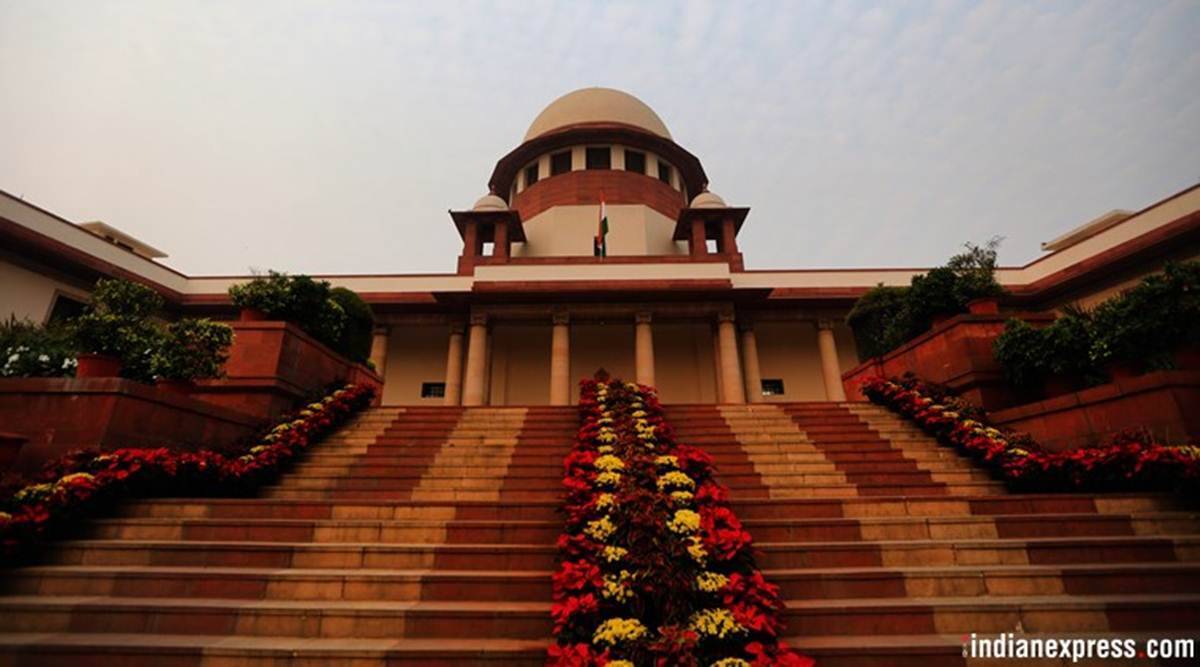January 20, The Supreme Court ratified the constitutional validity of 27% reservation for Other Backward Classes (OBC) candidates in the All India Quota seats for the National Eligibilitycum Entrance Test (NEET) for undergraduate and postgraduate medical and dental courses stating the ingrained inequalities and distribution of opportunities to learn and resources.
The development came in the light of petitions filed by doctors in August 2021 and numerous protests against a July 29, 2021, notification issued by the Directorate General of Health Services of the Ministry of Health implementing 27% and 10% reservation for OBC and Economically Weaker Sections (EWS).
A bench of Justices D.Y. Chandrachud and A.S. Bopanna said “Merit cannot be reduced to narrow definitions of performance in an open competitive examination which only provides formal equality of opportunity… High scores in an exam are not a proxy for merit. Merit should be socially contextualized and reconceptualized as an instrument that advances social goods like equality. In such a context, reservation is not at odds with merit, If open examinations present equality of opportunity to candidates to compete, reservations ensure that the opportunities are distributed in such a way that backward classes are equally able to benefit from such opportunities which typically evade them because of structural barriers. This is the only manner in which merit can be a democratizing force that equalizes inherited disadvantages and privileges. Otherwise, claims of individual merit are nothing but tools of obscuring inheritances that underlie achievements,”
Justice D.Y. Chandrachud while stating the importance of balancing opportunities among the less privileged and those with multiple privileges mentioned “The privileges that accrue to forward classes are not limited to having access to quality schooling and access to tutorials and coaching centers to prepare for a competitive examination but also includes their social networks and cultural capital that they inherit from their family.
The rhetoric surrounding merit obscures the way in which family, schooling, fortune, and a gift of talents that the society currently values aids in one’s advancement. Thus, the exclusionary standard of merit serves to denigrate the dignity of those who face barriers in their advancement which are not of their own making.
While examinations are a necessary and convenient method of distributing educational opportunities, marks may not always be the best gauge of individual merit. If a high scoring candidate does not use their talent to perform good actions, it would be difficult to call them meritorious merely because they scored high marks.
The power of the government to provide reservations under Article 15 (4)and (5) of the Constitution is not an “exception” to Article 15 (1), which enshrines the mandate that “the State shall not discriminate against any citizen on grounds only of religion, race, caste, sex, place of birth or any of them” he explained.
The Court said an open competitive exam only ensures formal equality and does not end widespread ingrained inequalities in the availability of, and access to, educational facilities to certain classes of people, including the OBC.
The Court Concluded that the fortitude and resilience required to uplift oneself from conditions of deprivation are equally
reflective of an individual caliber and merit.
Source:
The Hindu
Image credits:





















































































